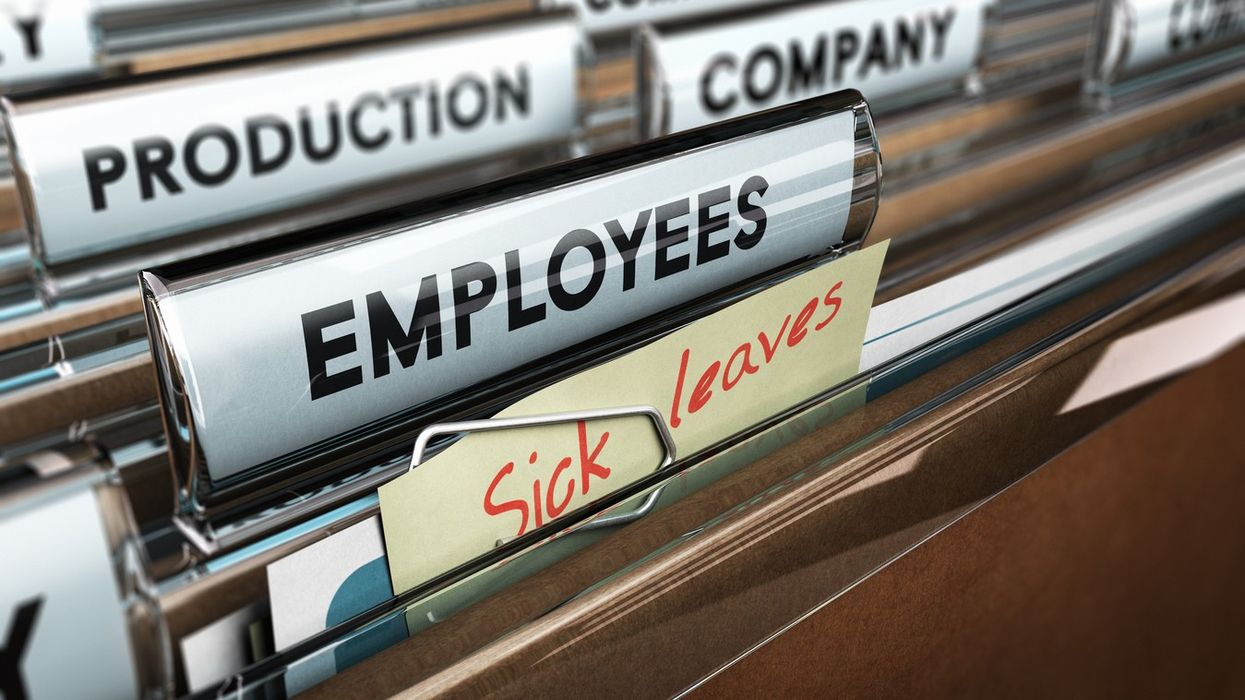Young British workers are reporting sick more frequently than foreign-born staff, a top official of a care home provider has said.
Geoff Butcher, CEO of Blackadder Corporation, a care home provider in the Midlands, said there is a stark contrast between the sick leave patterns of British and overseas employees, The Telegraph reports.
Butcher, who runs six care homes and employs 300 staff, said people often drop off a shift ahead or after a weekend. "Unfortunately, social media quite often provides evidence of why they are allegedly sick – they’ve gone away for a long weekend or they were out at the pub the previous night. It is certainly not infrequent," he said.
This trend of worklessness driving up the welfare bill has become a political issue. The number of people unable to hold down a job owing to long-term sickness has risen to a record high of 2.8 million since Covid.
The Conservatives have already made it clear that they want to reduce the benefits incentive for long-term sickness.
Prime Minister Rishi Sunak had last month called for an end to Britain’s “sick note culture” and set out plans to reduce the number of people turning to sick leave if the Conservative party is re-elected in the upcoming general election. He lamented that it has become a lifestyle choice for some and was taking a heavy toll on the country’s welfare bill.
The Chartered Institute of Personnel and Development (CIPD) has reported that the number of sick days taken by working people also rose to a 10-year high last year.
Butcher noted a sharp increase in younger staff citing stress, anxiety, and other mental health issues as reasons for their absences, suggesting many are “gaming the system.”
In contrast, Butcher said foreign staff have not shown a similar increase in sick days. “There is a significant contrast. Some of our overseas colleagues are eager to work up to 60 hours a week,” he said. “It’s quite interesting that many of our overseas employees manage to work nearly twice as many hours as some of our own.”
Butcher listed several factors responsible for this trend. They include GPs signing people off without a face-to-face consultation, the ability for workers to self-certify for a week when ill, and a change in attitudes towards work since the pandemic.
CIPD notes that post-pandemic young employees are taking more sick leaves than seniors.




